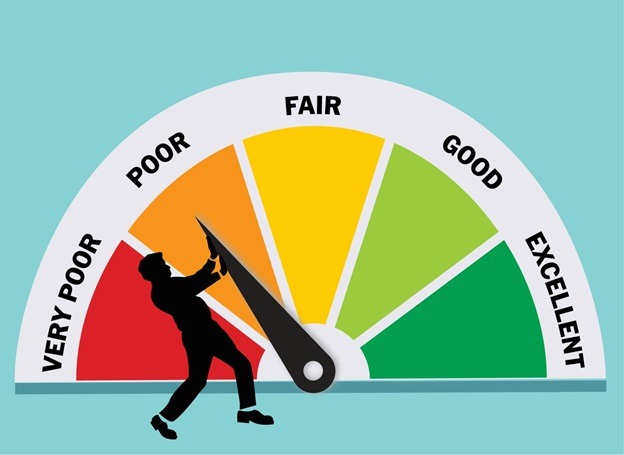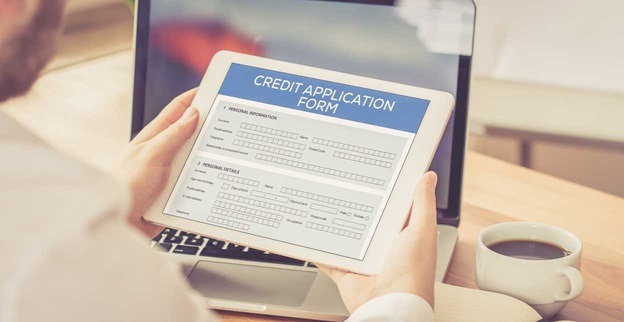Keeping up a credit score is vital if you want to apply for credit cards or loans in the future. But how do you stay in good standing on your credit score? There are many things that you can do to maintain a good credit score that you worked hard to build. When you have a good credit score it means low-interest rates, quick net 30 account financing, higher credit limits, among many other benefits. Therefore, it is easy for you to get credit and loans. In this article are tips that will help you maintain a good credit score. To learn more check out thefinanceshub.com on improving your credit score.
Treat all debts equally
When it comes to making payments, treat all your debts equally. This is because your credit score takes into account both installment debt and revolving debt. For this reason, it does not matter if your line of credit, as an example has low-interest rates. Do not prioritize other loans if it means neglecting that payment. Plus, when you have a balance constantly on your credit cards it will lower your score. As a result, it will affect your chances of getting any other credit account you want to open or getting approved loans.
Consolidate your cards
Consolidating your cards into one will help you have few balances. This is because several small balances spread out over several cards can backfire on you if you overuse it although it seems a smart approach. Other than this, consider paying the amounts down. This will help you improve your credit score by eliminating nuisance balances. Having many cards with balances will not boost your score but lower it. Therefore, consider a card that will help you consolidate your monthly payments into one card if you want to clear the credit card debt quickly.
Opt for credit boosting services
To boost your credit score, there are several innovative ways that you can use. These methods are above and beyond the ‘pay on time’ ways. For instance, some companies help individuals to take a loan and pay it off each month. Then, every time you make a payment, they report this to the credit bureaus as good behavior and this will help improve your credit score and profile. Plus, some companies allow you to include cell phone bills and utility bill payments to your credit score as part of your positive payment history.
Always pay every bill on time
Not just once or twice, ensure that you pay every bill on time, every time. This is so vital that in case you have a challenge staying organized with payments or keeping your bills in order. Try setting up an electronic billing system and reminders to help you stay on top of your bills. Plus, many apps can help you keep track of the bills that are due. Still, you can set auto-payment plans with your bank to ensure the bills are paid on time every month for you. Plus, ensure that you get credit for paying for your phone and utilities on time.
Where possible make payments in full
One way that is terrible to pay off your debts is by paying just the minimum on your cards. As you pay the minimum amount of debt, even the smaller ones will be stretched out over years, because of this it causes exorbitant interest fees. But, if the minimum is all you can afford, ensure that every month that you pay that same amount and not lower. If not, you will attract missed or late payments on your report for several years. Therefore, where possible make payments in full or otherwise pay at least the minimum.
Avoid applying for new credit
When you apply for new credit accounts, it accounts for up to 10% of your score. Therefore, every time you apply for new credit it causes your report to get a hard inquiry, because of this your score takes a hit. Therefore, unless it is necessary, avoid applying for new credit cards if you want to maintain a high score. Try this as a new habit if you are always applying for a new credit account and see how it affects your score positively.




